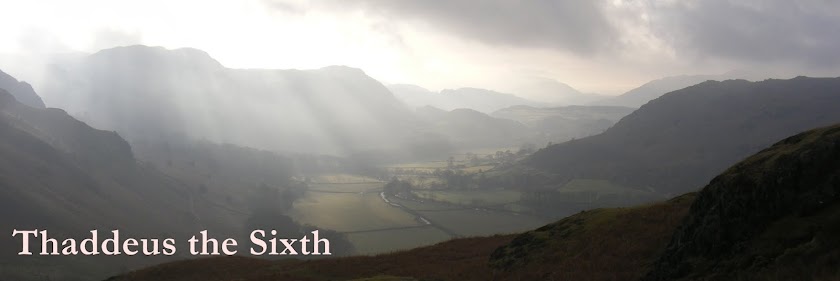I was pondering the other day the classes in RPGs (in
videogames). Generally, there are three types: warrior, mage and thief/rogue.
All have differing strengths and weaknesses in battle, different weapons,
armour types etc, and it works so well it hasn’t been significantly changed for
ages.
But what about when you aren’t fighting?
In RPGs an awful lot of time is spent interacting with NPCs
or in cities, buying and selling. And here, the differences between the bearded
wizardy fellow, the gruff warrior and the streetwise rogue seem to melt into
nothingness.
Should that be the case? Wouldn’t it make sense to have a
subsidiary class to accompany warrior/mage/rogue that would determine how a
character behaves interacting with others or in a peaceful city situation?
Not only would that be a bit more realistic without detracting
from the game, it’d enhance the degree of customisation available.
Here are my suggested classes: scholar, merchant, craftsman
The craftsman does what it says on the tin. He or she can
create and enhance armour, weapons and perhaps even trinkets whose sole purpose
is to be sold for more coin.
The merchant would gain bonuses to buying and selling, be
better able to steer conversations the way they like and perhaps be able to buy
extra items from shopkeepers not available to the Great Unwashed.
Scholars would be able to discern more from skill books, and
perhaps gain insight to unlock areas ahead of time. After all, a wise man
reading a book about a great battle might reason that visiting the site could
lead to some discoveries of ancient weapons and armour.
Thaddeus












